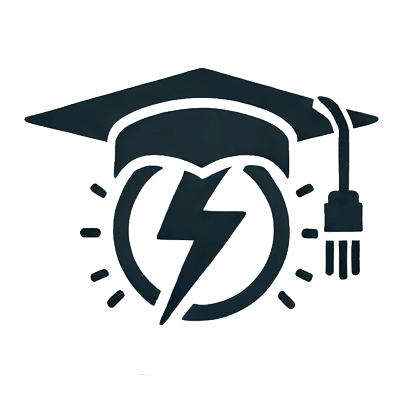
Revolutionizing
Education
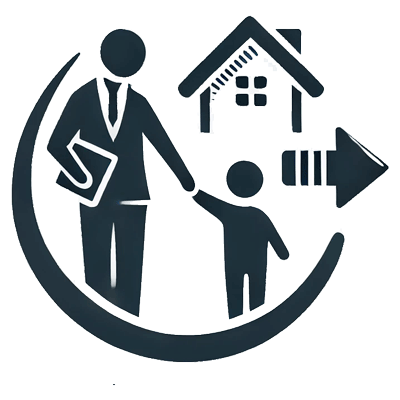
Becoming Your
Child's Best Teacher
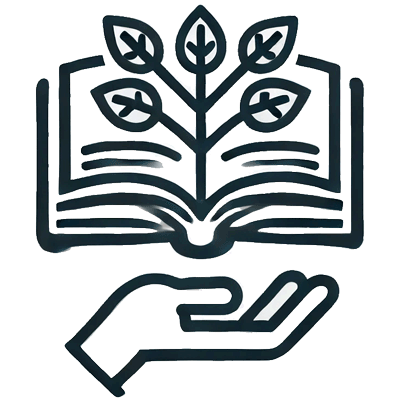
The Fundamental Principles
for Teaching Children

Subjects We Need
to Teach Our Children

Sharing Lessons
Effectively Among Parents
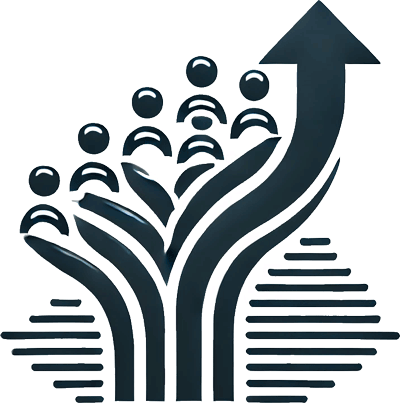
The True Meaning of
The Education Revolution

Share Your Ideas

Read a visionary story: A Path to a New Era of Growth, Freedom, and Collective Wisdom.
Click above to listen to the text
Subjects We Need to Teach Our Children
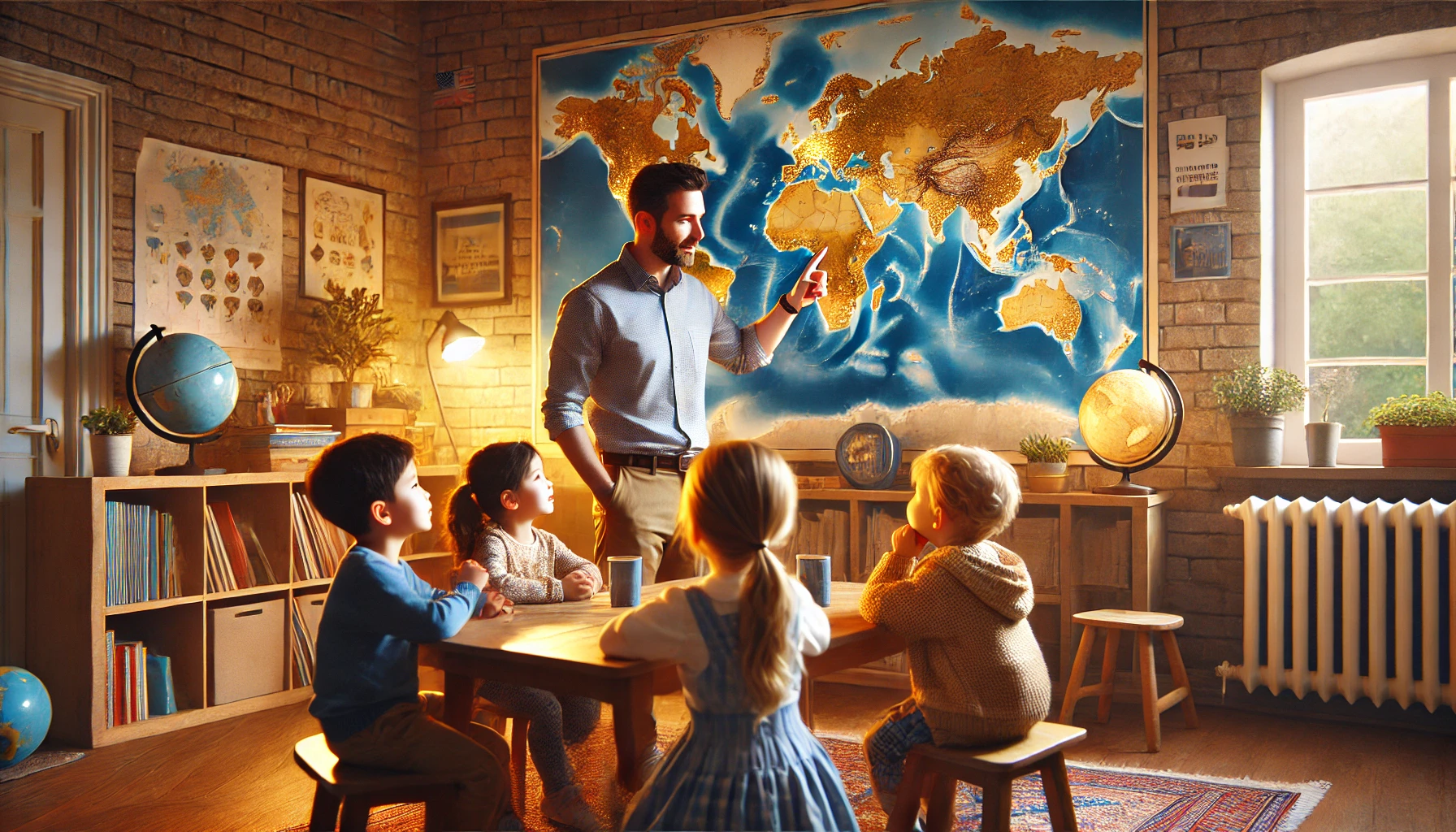
We are on the brink of a transformative era that demands we fundamentally reimagine education. Traditionally, education has been designed to prepare individuals for productive roles in the workforce. However, this long-standing paradigm is now facing a seismic shift. With rapid technological advancements, the need for traditional labor in various sectors is dwindling. This trend is set to skyrocket as artificial intelligence and advanced robotics take center stage in the workplace. We’re moving towards a future where joining the conventional workforce might become a choice rather than a necessity. This shift raises a crucial question: How should we reshape education to equip individuals for a new reality where the traditional idea of ‘work’ is fundamentally transformed?
In such a reality, the last thing people and families want is to rely on systems that, out of the goodness of their hearts, provide them with basic rights of existence. People want to be active participants in the emerging reality, maintaining fundamental control over their surroundings. To achieve this, individuals must become more adept at managing their immediate environment and be able to express their opinions and personal skills toward the collective goals of human society.
This perspective—that we need control and not always rely on collective society to provide everything—demands a completely different approach to education. Our children need to be equipped with skills that enable them to be self-reliant and manage their immediate environment. Additionally, education should foster their ability to actively contribute to and shape the collective reality, empowering them to be proactive participants rather than merely being passive recipients of it.
In my opinion, self-reliance is the most crucial goal we must achieve in this new reality. the old mentality of relying on governmental and economic structures imposed upon us must be reconsidered. We should aim for a future where individuals determine their own paths rather than being wholly dependent on existing human systems. We want our children to thrive in any reality they encounter. Therefore, they need a diverse set of skills and a comprehensive understanding of the world around them.
By fostering close relationships with our children and keeping group sizes small—no more than five—we can introduce a wide array of crucial themes and concepts that traditional education often misses.
The key question is: how and what should our children learn, especially when it might differ significantly from the conventional education we’re accustomed to?
In their early years, the focus is clear. Our main objective should be to develop essential skills such as working with their hands, measuring dimensions and distances, understanding numerical concepts, enhancing language proficiency, and managing various objects and assemblies. At this stage, it’s important not to overload them with specific knowledge, as they first need to build these foundational abilities.
As children master these basic skills, we must then consider what advanced knowledge they will need. In a world where self-reliance is increasingly valuable, technical skills such as assembly, repair, plumbing, and electrical work should become core competencies. Everyone should be capable of maintaining their living space independently. However, social skills such as integration, and cooperation are equally important. With the world’s knowledge at our fingertips, we can teach anything we want. Ultimately, we must also consider the children’s own interests and the subjects they wish to pursue.
In conclusion, we are on the verge of an educational revolution that promises to transform how we prepare future generations for the challenges ahead.
Imagine this: in a time of crisis, you urgently need an item that you cannot purchase immediately. Instead of relying on the system to provide it, you use your skills and knowledge in design and engineering—or simply find a ready-made design—to manufacture it yourself with your home 3D printer. Then, with your know-how, you integrate this new item to replace the faulty one in your home system.
Our current society doesn’t encourage such self-reliance, as it is built on the professions of specialization. However, times are changing. We must adapt to a new reality where self-reliance is key, enabling us to build the society we choose rather than having society dictate how we must live. This shift empowers us to take control of our lives, fostering a future where innovation, independence, and collaboration thrive. This new educational landscape unleashes a realm of possibilities, empowering individuals to be creators and problem-solvers in real time. By embracing this transformative approach to learning, we unlock human potential in unprecedented ways. We’re not just preparing students for existing jobs; we’re cultivating a society of innovators capable of adapting to rapid change, shaping their own destinies, and contributing meaningfully to our collective future.
